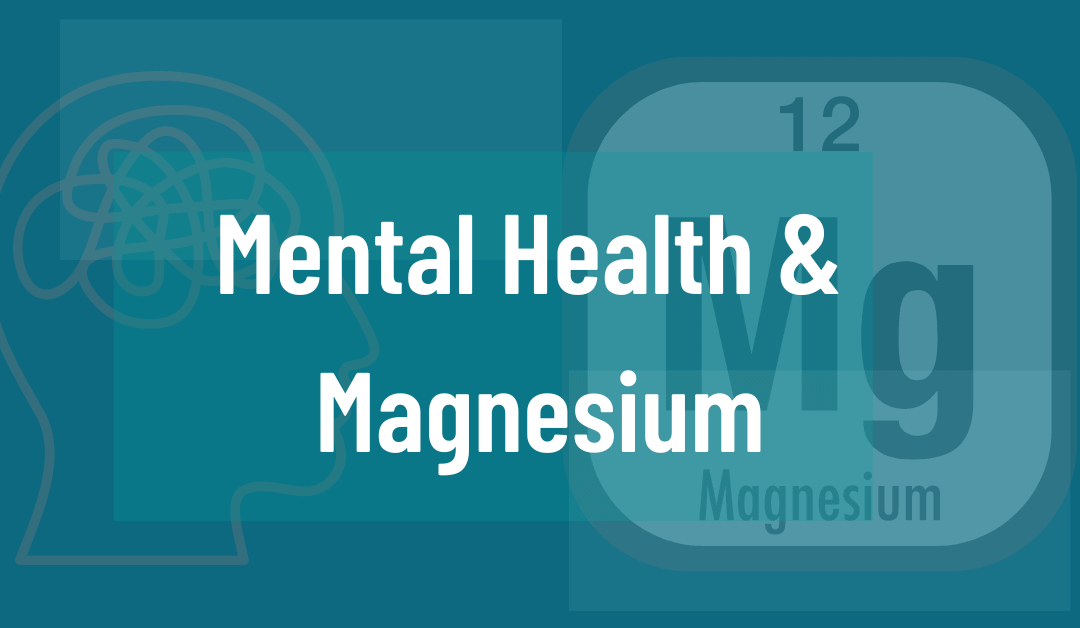Diving Deeper into the Hazardous World of Magnesium Deficiency - 16 Crucial Risks You Can't Afford to Ignore
Magnesium is a vital mineral that plays many important roles in our bodies, yet it’s often overlooked. A lack of magnesium can cause a range of health issues, some of which can be severe. This guide will cover 16 key risks of magnesium deficiency and how they connect to each other, giving you a clear understanding of why maintaining proper magnesium levels is so crucial.
Understanding Magnesium Deficiency

Magnesium deficiency, or hypomagnesemia, happens when the body doesn’t get enough magnesium. This can result from poor diet, certain health problems, or medications. The symptoms vary from mild to serious depending on how severe the deficiency is. Learning about its causes and symptoms is essential for recognizing and treating magnesium deficiency early on.
The Impact on Cardiovascular Health

One of the most significant dangers of magnesium deficiency is how it affects heart health. Low magnesium levels can cause high blood pressure, abnormal heart rhythms, and even increase the risk of heart disease. Magnesium helps regulate heartbeat and blood vessel function, so keeping your magnesium levels in check is key to a healthy cardiovascular system.
The Role in Diabetes

Magnesium is crucial for proper glucose metabolism, and research shows that low levels of magnesium can increase the risk of type 2 diabetes. This section will explain how magnesium helps manage blood sugar and why it’s important for both preventing and managing diabetes.
The Connection with Mental Health

Research suggests that low magnesium levels may be linked to mental health issues such as anxiety and depression. Magnesium helps regulate neurotransmitters that affect mood, so its deficiency could contribute to these conditions. This section explores how boosting magnesium intake might help improve mental health.
The Link with Migraines

People who suffer from migraines often have lower-than-normal levels of magnesium. Studies show that magnesium supplementation can help reduce both the frequency and severity of migraines. This section will discuss the role magnesium plays in preventing and managing migraines.
Magnesium deficiency is a critical issue that can impact many areas of health. Understanding these risks helps us take control of our well-being by ensuring we get enough of this essential mineral. This guide has highlighted the importance of magnesium and the serious health consequences of not getting enough. Taking proactive steps to maintain healthy magnesium levels is a simple yet powerful way to safeguard your health.
